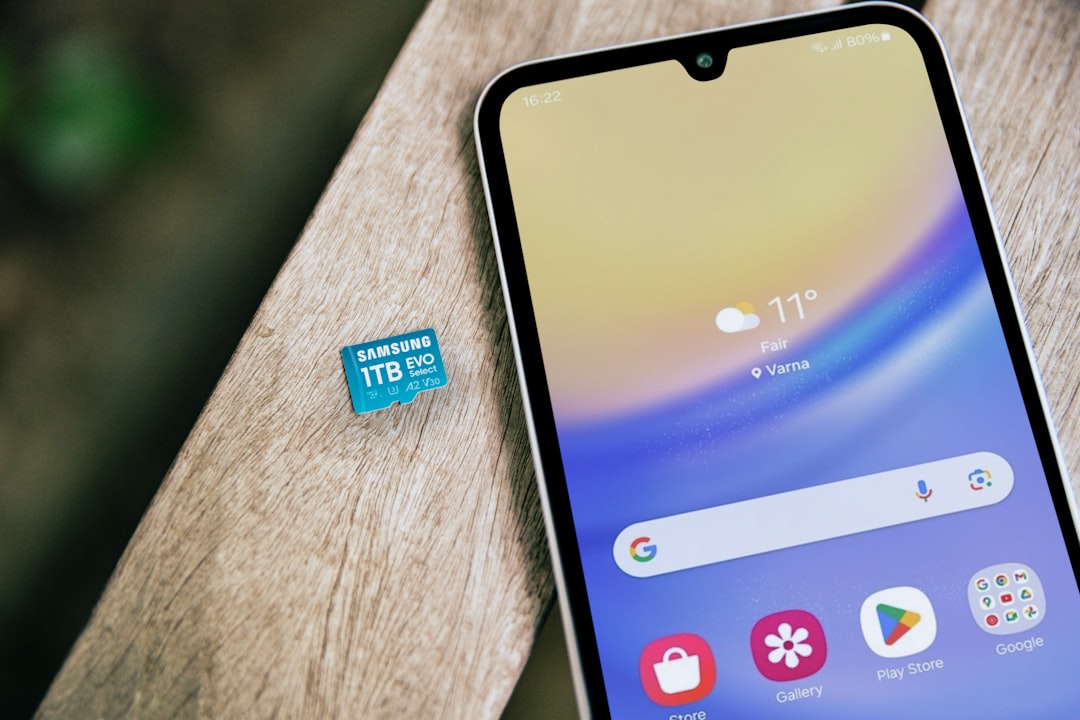Spam calls from law firms in Clinch Valley, Virginia, have surged due to technological advancements, disrupting residents' and businesses' lives. While the TCPA offers consumer protections, some firms exploit loopholes. Richlands residents can combat these unwanted robocalls by educating themselves about local telemarketing laws, forming collective do-not-call lists, using specialized apps, and employing other strategies to reclaim control over their communication channels.
In the age of digital connectivity, Richlands, Clinch Valley residents are increasingly facing a modern-day nuisance—robocalls. This pervasive issue has led to a growing need for effective resistance strategies. With an unprecedented rise in spam calls from law firms and other sources, this article explores the impact on both individuals and local businesses. We provide a comprehensive guide offering practical solutions for Richlands residents to reclaim their peace of mind and protect themselves from unwanted intrusions.
Understanding the Rise of Robocalls in Clinch Valley, Virginia

In recent years, Clinch Valley, Virginia, like many regions across the country, has experienced a surge in robocalls, particularly from law firms promoting their services. This sudden increase is not merely an inconvenience; it’s a growing concern for residents and businesses alike. With advancements in technology, automated phone systems have become more accessible, allowing spam call law firms to target vast audiences efficiently.
The volume and persistence of these calls have led many to question the legality and ethics behind such practices. The Telemarketing and Consumer Fraud and Abuse Prevention Act, commonly known as the Spam Call Law, provides certain protections for consumers but has also created loopholes that some law firms exploit. Understanding these trends is crucial in navigating the complex landscape of consumer rights and finding effective solutions to combat unwanted robocalls.
The Impact of Spam Calls on Residents and Local Businesses

Spam calls, often from law firms in Virginia, have become a pervasive issue for residents and local businesses in Richlands Clinch Valley. These unsolicited phone messages, typically promoting legal services or debt relief programs, can be disruptive and invasive, leading to increased stress and frustration among recipients. Many residents report receiving multiple calls daily, sometimes from different numbers, which can make it challenging to conduct business or simply enjoy personal time without constant interruptions.
For local businesses, the impact is equally significant. Small enterprises that rely on customer interactions for growth and retention are often burdened by these spam calls, which can distract employees and potentially lead to missed opportunities or errors. Additionally, the incessant ringing can create a negative environment, deterring potential clients and customers. With the rise of automated calling technology, it has become increasingly difficult for businesses and individuals alike to escape this deluge of unwanted messages, prompting many to explore measures for effective robocall resistance and protection under the Spam Call law firms in Virginia.
Strategies for Effective Robocall Resistance: A Comprehensive Guide for Richlands Residents

In the face of relentless robocalls, Richlands residents now have a powerful weapon at their disposal – knowledge and collective action. Combating spam call law firms in Virginia requires a multi-faceted approach to ensure effectiveness. One crucial strategy is to educate oneself about local laws and regulations pertaining to telemarketing practices. Understanding your rights under the Telephone Consumer Protection Act (TCPA) is an essential first step. This federal legislation restricts how businesses can contact consumers, providing powerful tools for residents to assert their privacy.
Additionally, Richlands communities can band together to create robust do-not-call lists. By sharing and verifying numbers that consistently receive unwanted calls, they can collectively deny access to these spammers. Utilizing specialized apps or online platforms designed for robocall blocking further enhances individual protection. Together, these strategies empower residents to reclaim their peace of mind and control over their communication channels.






